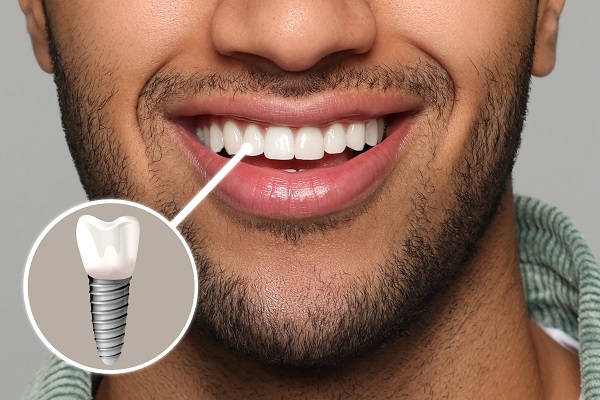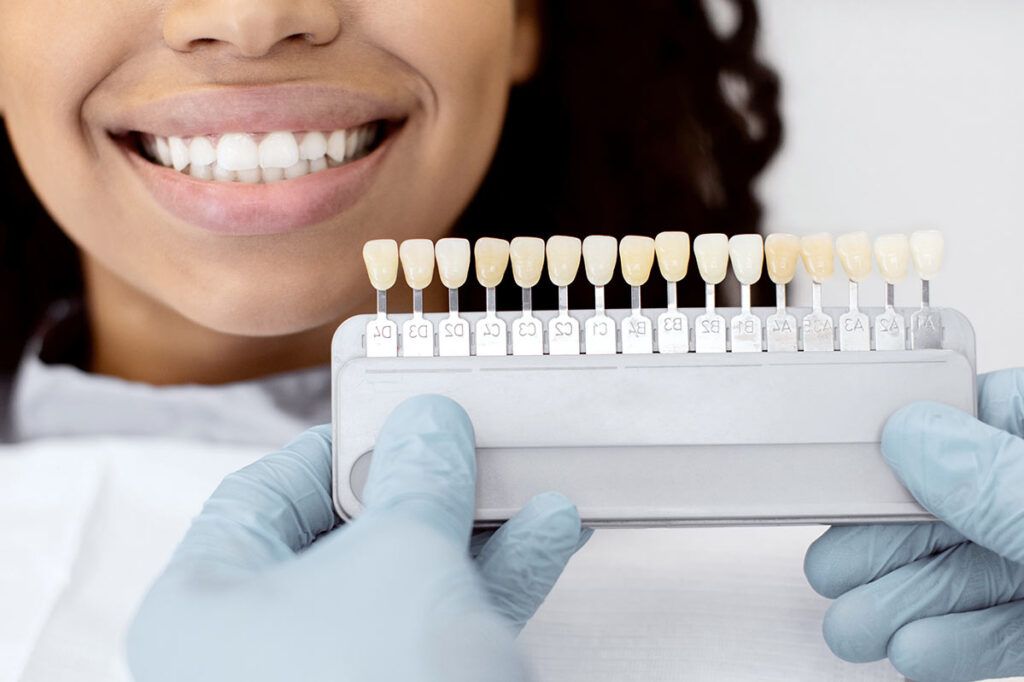Maximize the Lifespan of Your Dental Implants with Proper Care
Dental implants offer a fantastic solution for replacing missing teeth, providing a sturdy foundation that looks and feels natural. With proper care, dental implants can last many years, sometimes even a lifetime. However, their longevity depends on several factors, including your oral hygiene routine and overall health.
Understanding what affects the lifespan of dental implants can help you make informed decisions about your dental care. It’s crucial to be aware of the daily care practices and habits that keep your implants in top condition. Just like natural teeth, dental implants require regular maintenance and attention to prevent complications.
In this article, we will explore the various factors that impact the lifespan of dental implants. We will also discuss the daily care routines you should adopt, common issues to watch out for, and the importance of regular dental check-ups. By following these guidelines, you can enjoy the benefits of your dental implants for years to come.
What Impacts the Lifespan of Dental Implants?
Several factors can influence how long your dental implants will last. Knowing these factors can help you take better care of your implants and ensure they remain in good condition.
1. Oral Hygiene: Maintaining excellent oral hygiene is crucial. Brushing and flossing your teeth at least twice a day can prevent plaque buildup, which can lead to gum disease and implant failure.
2. Diet: What you eat also impacts the lifespan of your dental implants. Avoid hard and sticky foods that can damage the implant or cause it to shift. A balanced diet rich in vitamins and minerals supports your overall dental health.
3. Smoking and Alcohol: Smoking and excessive alcohol consumption can negatively affect your implants. Smoking reduces blood flow to the gums, which impairs healing and can lead to implant failure. Excessive alcohol can cause inflammation and weaken your gum tissue.
4. General Health: Chronic conditions such as diabetes or osteoporosis can also affect the durability of your implants. Managing these conditions effectively and following your doctor’s advice can help extend the life of your implants.
5. Implant Placement and Quality: The skill of your dentist and the quality of the implant material play a significant role. Well-placed, high-quality implants are more likely to last longer. The location of the implant in your mouth also matters; implants in the back of the mouth experience more stress and may wear out quicker.
Day-to-Day Care for Maintaining Dental Implants
Taking care of your dental implants daily can significantly extend their lifespan. Here are some key practices to adopt:
1. Brushing and Flossing: Use a soft-bristled toothbrush and non-abrasive toothpaste to brush your teeth at least twice a day. Floss around your dental implants daily to remove plaque and food particles.
2. Mouthwash: Using an antimicrobial mouthwash can help reduce bacteria in your mouth, keeping your implants and gums healthier.
3. Regular Dental Check-Ups: Visit your dentist for regular check-ups and professional cleanings. These visits allow your dentist to monitor the condition of your implants and catch any issues early.
4. Healthy Diet: Eat a balanced diet rich in nutrients. Foods high in calcium and vitamins C and D support bone health and gum healing.
5. Avoiding Harmful Habits: Don’t use your teeth as tools to open packages or bite on hard objects. These actions can damage your dental implants and natural teeth.
6. Protective Gear: If you engage in contact sports, wear a mouthguard to protect your dental implants and natural teeth from injury.
By incorporating these simple yet effective habits into your daily routine, you can ensure that your dental implants remain in excellent condition for many years.
Common Issues and How to Avoid Them
Even with the best care, dental implants can encounter some issues. Being aware of these problems and knowing how to prevent them can help you maintain your implants in top condition.
1. Peri-implantitis: This is an infection that affects the gum and bone around the implant. It can lead to inflammation and bone loss. To avoid peri-implantitis, practice good oral hygiene and attend regular dental check-ups.
2. Mechanical Damage: Dental implants can break or become loose from biting on hard objects or chewing very tough foods. Avoid using your teeth to open bottles and refrain from chewing on ice or other hard substances.
3. Gum Recession: Similar to natural teeth, the gums around dental implants can recede, exposing the metal posts. This often results from poor oral hygiene or aggressive brushing. Use a soft-bristled toothbrush and be gentle while brushing near the implant area.
4. Adjacent Tooth Damage: Improper placement of the implant can sometimes affect the surrounding teeth. Always choose a qualified and experienced dentist to perform your implant surgery.
Addressing these issues early can save you from more complex problems and additional dental procedures. Regular visits to the dentist can help detect any signs of trouble early on.
When to See Your Dentist: Signs and Check-Ups
Regular dental visits play a crucial role in the lifespan of your dental implants. Knowing when to see your dentist can help you catch potential issues before they become serious problems.
1. Routine Check-Ups: Schedule a check-up every six months. During these visits, your dentist will examine your implants and the surrounding tissue to make sure everything is in good condition. Professional cleanings remove plaque and tartar that regular brushing can’t.
2. Signs of Trouble: Be alert for signs that something might be wrong with your dental implants. If you notice any of the following, schedule an appointment with your dentist right away:
– Red, swollen, or bleeding gums
– Pain or discomfort around the implant area
– Difficulty chewing or biting
– Implant feeling loose or shifting
– Persistent bad breath or unusual taste
3. Post-Surgery: After you first get your implants, follow-up appointments are crucial to monitor your healing progress. Your dentist will provide specific timelines and guidelines for these visits.
By being proactive with your dental care and keeping an eye out for potential issues, you can ensure your dental implants stay healthy and functional.
Protect Your Investment with Expert Dental Implant Care
Dental implants are a wonderful way to restore your smile and improve your dental health. Understanding the factors that impact their lifespan and adopting a rigorous care routine will help you make the most of your investment. Regular check-ups and attention to any unusual signs can prevent minor issues from becoming major problems.
If you suspect any problems with your dental implants or simply want to ensure they remain in top condition, don’t hesitate to reach out. Schedule an appointment with Dr. Spinks at Reflection Cosmetic Dentistry today to maintain your beautiful, healthy smile for years to come.





